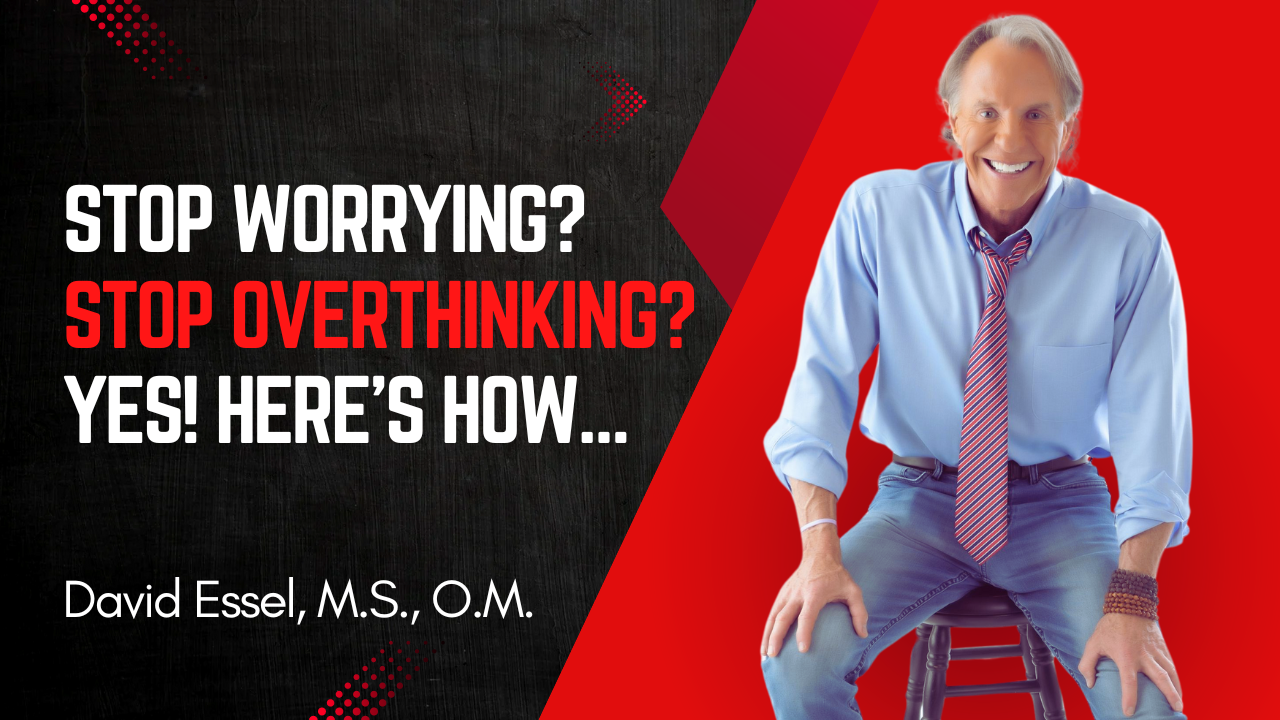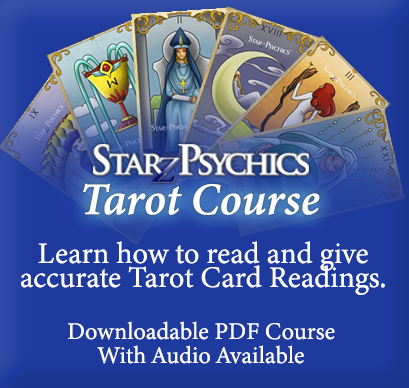- Home
- Editor's Notes
- Current Issue
- Riki Reflects
- Spiritual Traveler
- Starz Emporium
- Classifieds
- Advertise with Us
- Submissions
- Awards
- About Us
- Contact Us
4 Steps to Deal with Any Challenging Emotion
By David Essel, M.S.,O.M.
 Emotionally…the world is on fire. And not a good kind of fire.
From COVID-19 to inflation to political insanity to wars all over the world to racial inequality, emotions are flaring left and right. The media thrives on this and continues to stoke the flames. If you’re constantly plugged into social media or the news, chances are you’re feeling the emotional toll. It’s hard to be bombarded with constant negativity—whether it’s the news or heated social media debates—without experiencing some emotional fallout. Very few people can immerse themselves in all that negativity daily and come out unaffected. When we don’t know how to manage these difficult emotions, we can easily run into a whole range of problems. Relationship issues. Addictions. Depression. Anxiety. PTSD. Negative, ruminating thinking. Overthinking. Insecurity. Anger. Judgment. Irritability. Impatience. The more you try to avoid or push away these difficult emotions the deeper they become, embedded, gaining strength like roots going into the earth. And most of us, will find some type of way to try to avoid dealing with these emotions. So, take a moment and write it down: “What is the number one emotion that you are challenged by right now?“ Look at it. Reflect on it. When you put what you’re feeling into words, you begin the process of venting, which is the first step toward healing and managing those emotions. But remember, the more you try to avoid or ignore these strong emotions, the deeper they take hold, making them harder to deal with in the long run. The American psychological association, which probably has some of most incredible surveys out since Covid began, shares that 79% of the American population does not have adequate emotional coping skills to deal with the stressors we’re all facing. Let’s take a look at some of the steps available to help us deal with these challenging emotions. Number one. In Zen Buddhism, a very powerful form of Buddhism, you are encouraged to directly engage with the emotion that is troubling you. In Western society, this may seem unconventional. We’re accustomed to distracting ourselves with addictions to avoid facing emotions like depression—something I did for 30 years. In Western cultures, the idea of talking to your depression, anxiety, loneliness, or addictions can seem irrational. But this is where the Buddhist have it all over traditional psychotherapy. As an example: Anxiety. When we feel anxious, the instinct is often to find something to dull it—whether it’s nicotine, alcohol, sugar, social media, or any other distraction. However, in Zen Buddhism, the practice is the opposite. They teach us to pull the emotion up and hold it like you’re cradling a baby and begin talking to it: “Oh, anxiety, I see you’ve returned. What is your purpose? What are you concerned about? Why are you showing up now?” If you practice this regularly, you may be surprised by what you discover. I’ve done this myself, and I can share what happens when I talk to my anxiety. I often get a response similar to this… “David the anxiety is because we haven’t taken care of several issues that you really do need to take care of. You used to go to the beach on Sundays to read, but you’ve stopped. You’re moving anxiously and not taking time to rest. You’ve also missed the last two therapy appointments, and when you stop doing the work, anxiety reappears” At that moment, I thank the anxiety for reminding me of what I’ve neglected in my self-care routine. I acknowledge its message and then allow it to rest, just as you would gently put a baby back to sleep. After that, I follow up with 10 deep, slow breaths, filling my diaphragm with air.  By doing this, I know I’ll feel calmer by the end of the 10 breaths. Tools like this must be used consistently to be effective. Over the last 45 years, I’ve encouraged my clients to first engage with the smaller, often ignored emotions before tackling larger ones like anxiety, depression, or PTSD. Number two. Once you’ve identified the emotion that is most challenging, the next step is to write down what triggers it. Do you get angry when watching the news? Do you feel anxious while scrolling through social media? Are you afraid to attend social events alone due to social anxiety? Have you withdrawn from regular interactions because of PTSD? After identifying these triggers, the next step is to develop solutions for them. Often, this might mean limiting or eliminating sources of stress, like avoiding the news or taking a break from social media. This can help you regain a sense of control over your emotions. Number three. Google “individuals who have overcome anxiety driven lifestyles.” Sometimes, talking too much about our anxiety can cause us to overly identify with it, leading us deeper into an anxiety-ridden mindset. To build confidence, look for stories of people who have struggled with similar emotions and successfully moved through them. Learning how others have faced and overcome their challenges can offer practical tips that might work for you as well. Number four. Start working with a professional today—or at the latest, by next week! Even with 45 years of experience as a counselor, I may be able to diagnose myself if I’m experiencing anxiety or depression, but creating and following through with action steps to heal is a completely different challenge, especially when done alone. But if I have my therapist, who I see weekly, give me tips and ideas on how she can help me overcome this round of anxiety, I know the same benefit will happen to you! And don’t forget the importance of exercise and clean, eating, meditation and prayer, journaling, and slowly beginning to learn how to master our own mindset. This process can take years, and I don’t really think it’s possible to master every single thought we have, but it’s worth putting the effort into a lifestyle that is filled with self-care. Lastly, please remember, you are not alone. Millions of people are facing similar struggles, but the difference is—you’ve taken the first step by seeking knowledge and guidance to overcome these challenges. You’re already ahead because you’re choosing to take control of your well-being. So, celebrate this moment! You’re not just surviving—you’re actively creating a path back to yourself, one filled with growth, resilience, and strength. How useful was this post? Your feedback helps us write better content. 
David EsselDavid Essel, M. S. O.M., is a #1 best-selling author (15), counselor, executive coach, international speaker, radio/TV/podcast host, sports psychology coach, and all-faiths minister whose mission is to positively affect 2 million people or more every day in every area of life, regardless of their current circumstances.https://www.davidessel.com |
Share this article with friends!
|
Copyright © 1998 - 2026 Mystic Living Today All rights, including copyright, in the content of these Mystic Living Today web pages are owned or controlled for these purposes by Planet Starz, Inc. Terms of Service Disclaimer and Legal Information For questions or comment, contact Starzcast@mysticlivingtoday.com. Reproduction of this page in any form is not allowed without permission of the author and the owner of this site. All material on this web site, including text, photographs, graphics, code and/or software, are protected by international copyright and trademark laws. Unauthorized use is not permitted. You may not modify, copy, reproduce, republish, upload, post, transmit or distribute, in any manner, the material on this web site. Unless permissions is granted. |



